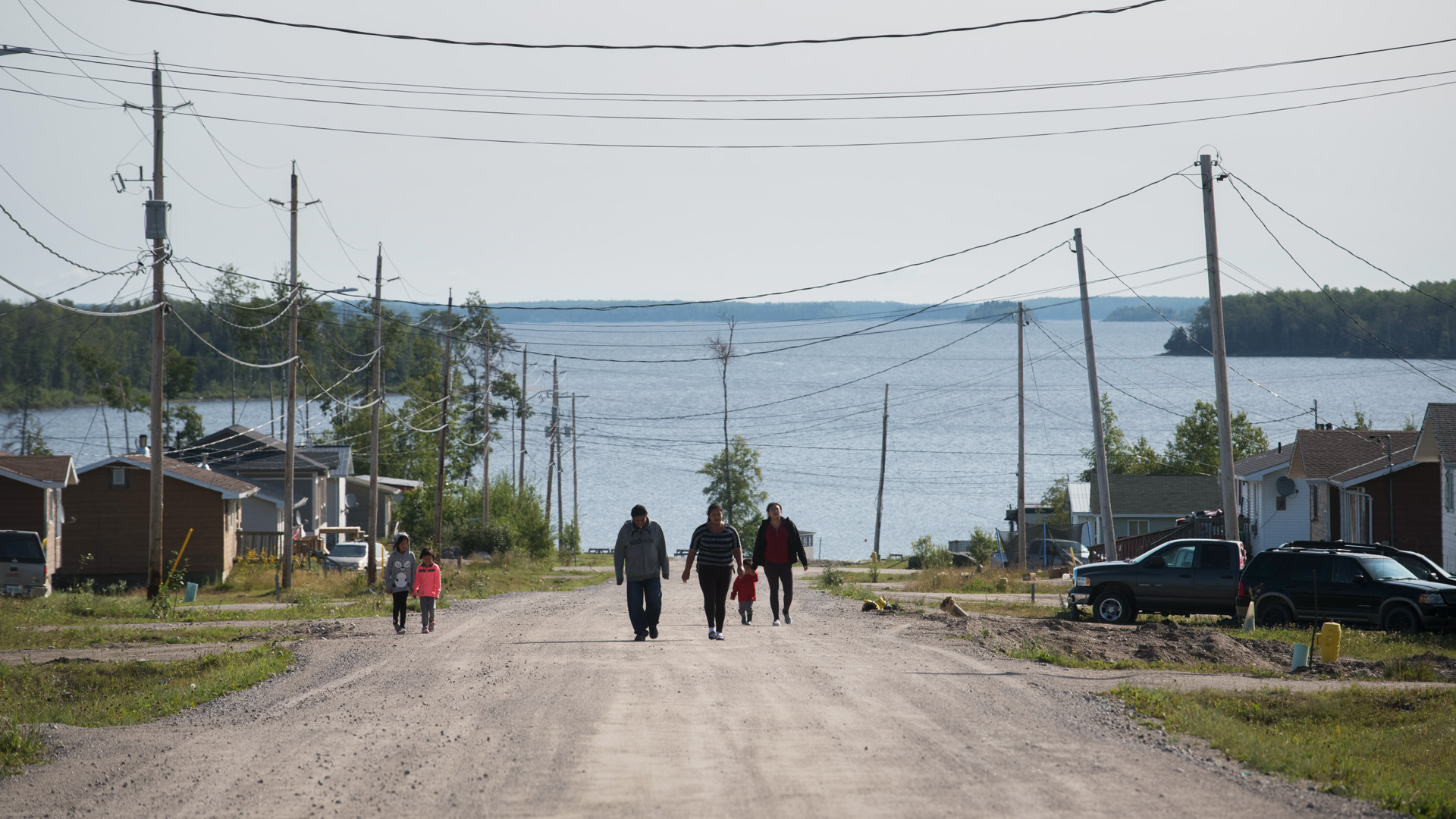
Budget season in Ottawa has come and gone, and this year the federal government’s outline for its spending and taxing priorities didn’t generate much excitement. Maybe that’s understandable, since minutes after the budget was released we appeared to be thrown into a general election.
The budget itself — if the opposition parties had plugged their noses one more time and supported it — would actually have been rather sensible. No taxes were raised, and some (on corporate taxes) were chopped, fulfilling a previous promise. Lots of small-time tax credits were sprinkled around with a nod to everyone from arts advocates to volunteer firefighters. Aside from these modest tax expenditures, the budget didn’t ramp up a lot of new spending. Overall, not a bad document.
The cynic, however, would correctly point out that the budget was never meant to be a budget, but rather the basis of an election campaign.
Gone is the extreme suspense of budget day. This is actually a positive development, although it does make for boring TV when the budget actually comes down. Budgets that stay the course and offer nothing that hasn’t already been announced or leaked are uninteresting. But overall, the shock and surprise of budgets in the 1980s and 1990s is just not helpful for anyone.
Like the rest of the country, western Canadians watched the budget with a yawn. But an election is another matter. What messages did the budget send to westerners?
The first message was that oil sands companies are no longer deserving of the favourable tax treatment that they’ve enjoyed in the past. The Conservatives are, of course, still squarely in the oil sands producers’ corner. Alberta’s bitumen has been — and will continue to be — a key to Canada’s claim to energy superstardom. But with oil prices well above US$100 per barrel, the federal government no longer feels that the accelerated capital cost allowances on land leases and other investments are warranted.
This change is likely to raise little outrage outside of boardrooms in downtown Calgary. After all, most oil sands producers are quite profitable these days, and oil prices will probably rise still further in 2011. Moreover, the change is not really a new penalty for producers, but rather a reversal of a special tax treatment that companies had come to enjoy. (It’s a traditional problem faced by governments. Tax breaks or special tax concessions have come to be considered a fundamental right by the company or group receiving them. When they are removed, all hell breaks loose.)
Deficit reduction also featured prominently in the budget. Perhaps it’s a stereotype, but arguably deficit elimination is a value westerners hold especially dear. Good fiscal management and responsibility is, of course, something that all political parties would claim. But provincially, points west of the OntarioManitoba border are in much better fiscal shape. Some of that is due to natural resources, but a good deal is due simply to the fact that voters in the west are not comfortable with continuous deficits. Saskatchewan’s provincial budget is already in surplus; governments in British Columbia and Manitoba are very close. Alberta is still dealing with a hefty annual deficit, but it is the only province that is debt free. Simply put, westerners love balanced budgets, and the fact that Jim Flaherty had a goal to get Ottawa there was noted.
The budget’s assumptions for Canada’s economic growth were quite cautious and realistic. In all likelihood, real GDP growth over the next five years will exceed the official assumption, which could result in deficit reduction ahead of schedule.
On the other hand, a lot could still go wrong. The problems in Japan, the Middle East and the US housing market, as well as Europe’s sovereign debt, could yet easily derail Canada’s recovery. Negotiations with the provinces on health care transfers are coming up in a couple of years. All of these variables could jeopardize the deficit reduction plan. And even if the forecast on revenues proves to be correct, it will still take nerves of steel for the government to hold its spending in check over the next five years. If spending cranks higher, the deficit elimination plan will be trashed.
The 2011 federal budget will go down in history with a whimper. Not only was it a dull, stay-the-course plan, it won’t even be passed in Parliament. The Harper Conservatives will salvage what they can of it to form their campaign platform. Western Canadians will like some things (deficit reduction in five years), and maybe dislike other things (the end of tax breaks for the oil sands). But none of it will matter much anyway — at least until a new government is formed.
Photo: Shutterstock








